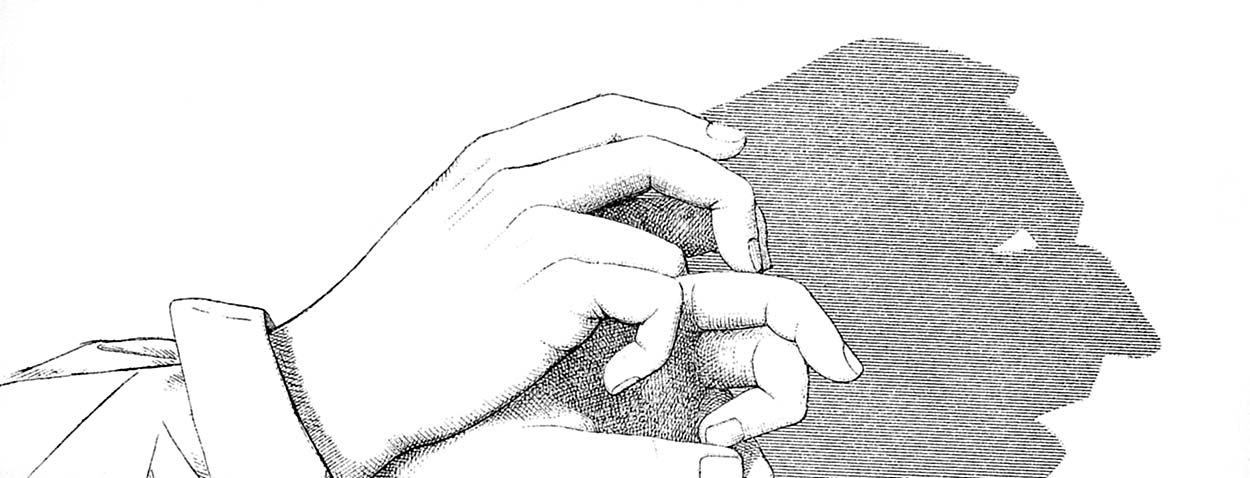transparent

The thing about The Fifth Child is that, for so slight a book, it does not seem to be quite sure what it wants to achieve. The first half or two-thirds focus on the parents of the eponymous child and the decisions they make to further their rather banal vision of the ideal life. The pace is slow and the focus narrow. One watches the slow tick of the characters’ brains and the reader’s sympathy wars with impatience. Then the fifth child appears and the novel veers sharply – the pace more rapid, years flustering past, the ideal life derailed by the unexpected consequences of those earlier decisions, now with the frenetic lack of appeal of Kubrick’s ‘Clockwork Orange’.
Taken on its own terms, the novel seems to want to compare the prelapsarian ideal of privileged bourgeois family life – the hapless main characters continually rescued from their imprudence by their affluent family – with the consequences of the fall from grace resulting from the at once selfish desire to more substantially embody that ideal and the selfless desire to model that ideal for others. This would not be a problem were the characters strong enough to appeal, but they lacked even the virtue of appealing vices, being rather self-absorbed and dull (a misanthropic comment, but it seems to reflect Lessing’s view of them). The best the characters can achieve, in the end, is a perverse stoic clinging to the destructive, a willful blindness. Perhaps the willfulness is intended to be interesting (like Lear’s, like Oedipus’s), but at a year’s remove from reading, I can’t think that I would recommend it to anyone.
Indeed, I would have forgotten the novel entirely save that I saw the incomplete draft of this post and thought of the rather vague and overwrought notion I had that brought in Duras and Lispector to make a point about the opacity of prose in the novel (the ways in which it conceals while appearing to reveal or the other way around) that I have long since forgotten. I wonder what I meant to say – but not enough to reread the books that sparked the thoughts to begin with.
